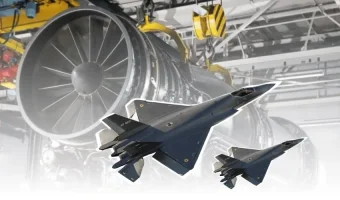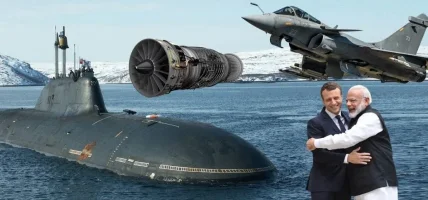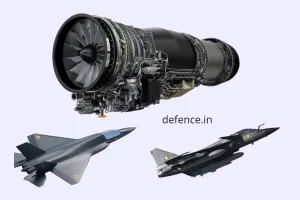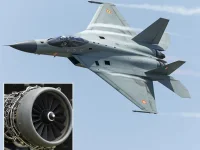- Views: 733
- Replies: 6

Air Vice Marshal Manmohan Bahadur (Retd.) has voiced a critical concern regarding India's ambitious "Atmanirbharta" (Self-Reliant India) campaign in a recent column.
While acknowledging the laudable goal of reducing dependence on foreign defence suppliers, he stressed that this pursuit should not compromise the Indian armed forces' combat readiness.
Bahadur highlighted a persistent issue within India's defence sector: the tendency of research and development agencies to overpromise and underdeliver. He cited delays in the Tejas Mk1A fighter jet and Apache helicopter programs as prime examples.
This echoes concerns raised by other defence analysts who point to the long development cycles of indigenous projects and the frequent cost overruns that plague them.
While India strives to indigenize defence production, Bahadur emphasized the risks associated with continued reliance on foreign technology, particularly for critical components like aircraft engines.
The delay in Tejas Mk1A deliveries due to the unavailability of General Electric's F-404 engines underscores this vulnerability. This dependence on foreign suppliers can create logistical challenges and potential vulnerabilities in times of geopolitical tension.
The Air Vice Marshal's call for a balanced approach between self-reliance and national defence comes at a crucial juncture. India has ambitious plans for the Advanced Medium Combat Aircraft (AMCA) and Tejas Mk2, showcasing its aspirations for self-sufficiency.
However, these projects face significant hurdles in terms of development timelines and technological complexities. Experts have noted that the AMCA program, in particular, faces stiff competition from established fifth-generation fighter aircraft and will require significant investment in research and development to succeed.
Bahadur outlined several key steps to achieve a truly self-reliant defence sector:
- Prioritize funding and support for indigenous research and development: Ensuring adequate funding and resources is crucial for the success of projects like AMCA.
- Attract and retain top talent: Offering competitive salaries and working conditions can help lure Indian scientists and engineers working abroad back to the country. This brain drain has been a long-standing challenge for India's defense sector.
- Encourage private sector investment: The private sector can play a vital role in driving innovation and reducing the burden on government-funded research. Recent reforms aimed at increasing private sector participation in defence production have shown some promise, but further progress is needed.
- Streamline procurement processes: Simplifying bureaucratic procedures can expedite the development and acquisition of defence equipment. The current procurement process is often criticized for being slow and cumbersome.
His timely intervention serves as a reminder of the delicate balancing act required to achieve true self-reliance in defence without compromising national security.




